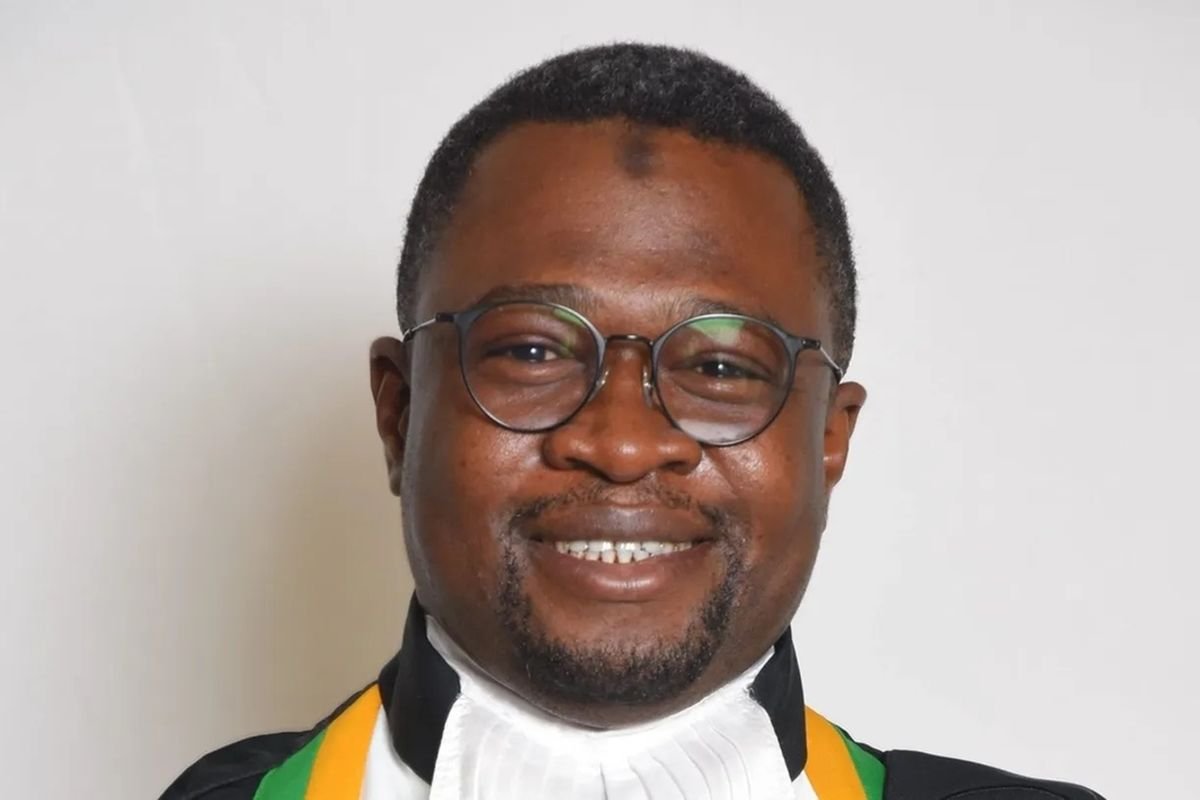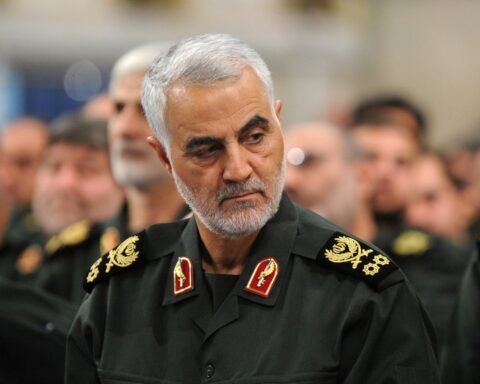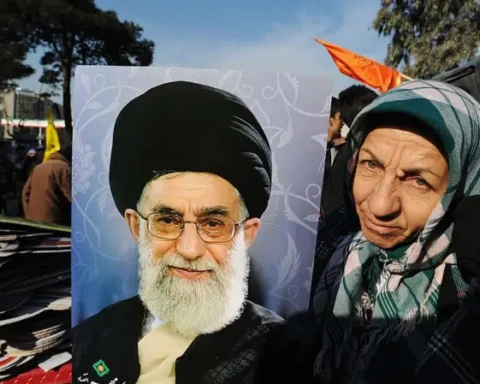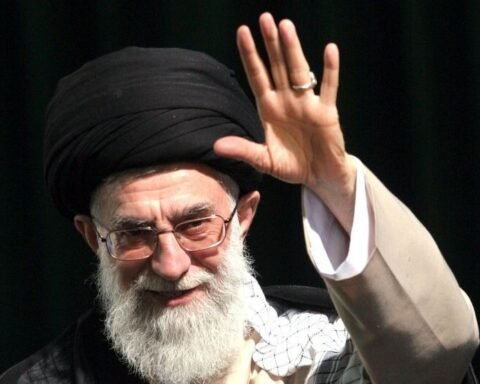Justice Modibo Sacko of the Republic of Mali has officially been elected President of the African Court on Human and Peoples’ Rights (AfCHPR), marking a new chapter for Africa’s top human rights tribunal.
His election was confirmed during the Court’s 77th Ordinary Session, held in Arusha, Tanzania—the permanent seat of the Court. The decision was made by all 11 judges of the Court through a secret ballot, in line with the institution’s procedures for electing its leadership.
Justice Sacko steps into the role previously held by Justice Imani Daud Aboud, a seasoned jurist from Tanzania, who led the Court for two terms spanning four years. Justice Aboud is widely praised for raising the Court’s profile and strengthening its mandate to promote and protect human rights across the African continent.
Before ascending to the presidency, Justice Sacko served as Vice President of the Court, a position he held since 2023. A highly respected legal scholar, he brings with him decades of experience in the judiciary, including his time as a judge at the Supreme Court of Mali. He also worked as a senior legal adviser in Mali’s Ministry of Justice and has taught international humanitarian law and human rights in various academic institutions.
As part of the leadership transition, Justice Bensaoula Chafika of Algeria was elected as the Court’s new Vice President. She now steps into the role that Sacko has vacated.
The African Court, which began its operations in 2006, was established under the African Charter on Human and Peoples’ Rights. It is an organ of the African Union (AU), designed to complement and reinforce the work of the African Commission on Human and Peoples’ Rights.
Also Read; Brazil Takes BRICS Leadership Amid Global Shifts
Despite the Court’s growing recognition, it continues to face challenges—particularly around compliance and enforcement of judgments. A number of African states have either withdrawn or limited their acceptance of the Court’s jurisdiction, restricting individuals and NGOs from filing cases directly. Sacko is expected to lead efforts to reverse that trend and expand the Court’s accessibility.
In recent years, the AfCHPR has launched advocacy campaigns to encourage more African Union member states to ratify the Court’s protocol and allow citizens direct access. These campaigns have included legal workshops and policy dialogues held in partnership with civil society and regional bodies.
As the newly elected president, Justice Sacko will oversee not only the Court’s operations but also its diplomatic engagements, as it seeks to become a more active voice in Africa’s governance and justice systems.
His leadership comes at a critical time, as human rights issues—ranging from electoral violence and civil liberties to digital privacy and freedom of expression—remain pressing in many parts of Africa. Legal experts hope that under Sacko’s watch, the Court will continue evolving into a more effective and inclusive judicial body.







